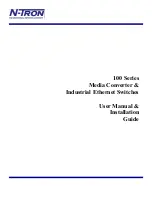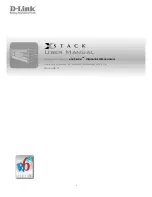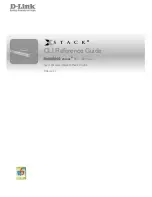
Chapter 8 Using the CSS Scripting Language
Special Variables
8-16
Cisco Content Services Switch Administration Guide
OL-5647-02
Special Variables
Within the CLI, there are sets of predefined variables that you can use in scripts
to add more power to your scripts. Some of these predefined variables change how
scripts react, while others are merely informational variables. None of the special
variables requires user intervention for cleanup. However, it is good practice to
remove both the CONTINUE_ON_ERROR and the EXIT_MSG variables
following the execution of their relevant command blocks.
Informational Variables
The informational variables are:
•
LINE
- Line name (for example, pty1, console, etc.).
•
MODE
- Current mode of command (for example, configure, boot, service).
•
USER
- The currently logged in user (for example, admin, bob, janet).
•
ARGS
- A list of arguments passed to a script from the CLI. See
“Using
Command Line Arguments”
later in this chapter.
•
UGREP
- A line of text obtained using the
grep -u
command.
•
CHECK_STARTUP_ERRORS
- A session variable that determines
whether or not a user is informed of startup errors upon login.
CONTINUE_ON_ERROR Variable
Use the CONTINUE_ON_ERROR variable to control how a script that is
executing in an interactive CLI session handles command failure. By default, a
script terminates when it encounters an error. For example, if you use the
echo
command to print out information from a script and spell the command
incorrectly, the script exits with a syntax error and prints out the line in which the
error occurred. For example, enter:
! Spell echo incorrectly
eco “This will not print”
















































